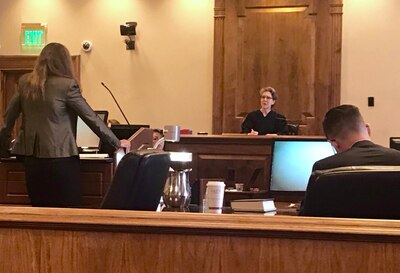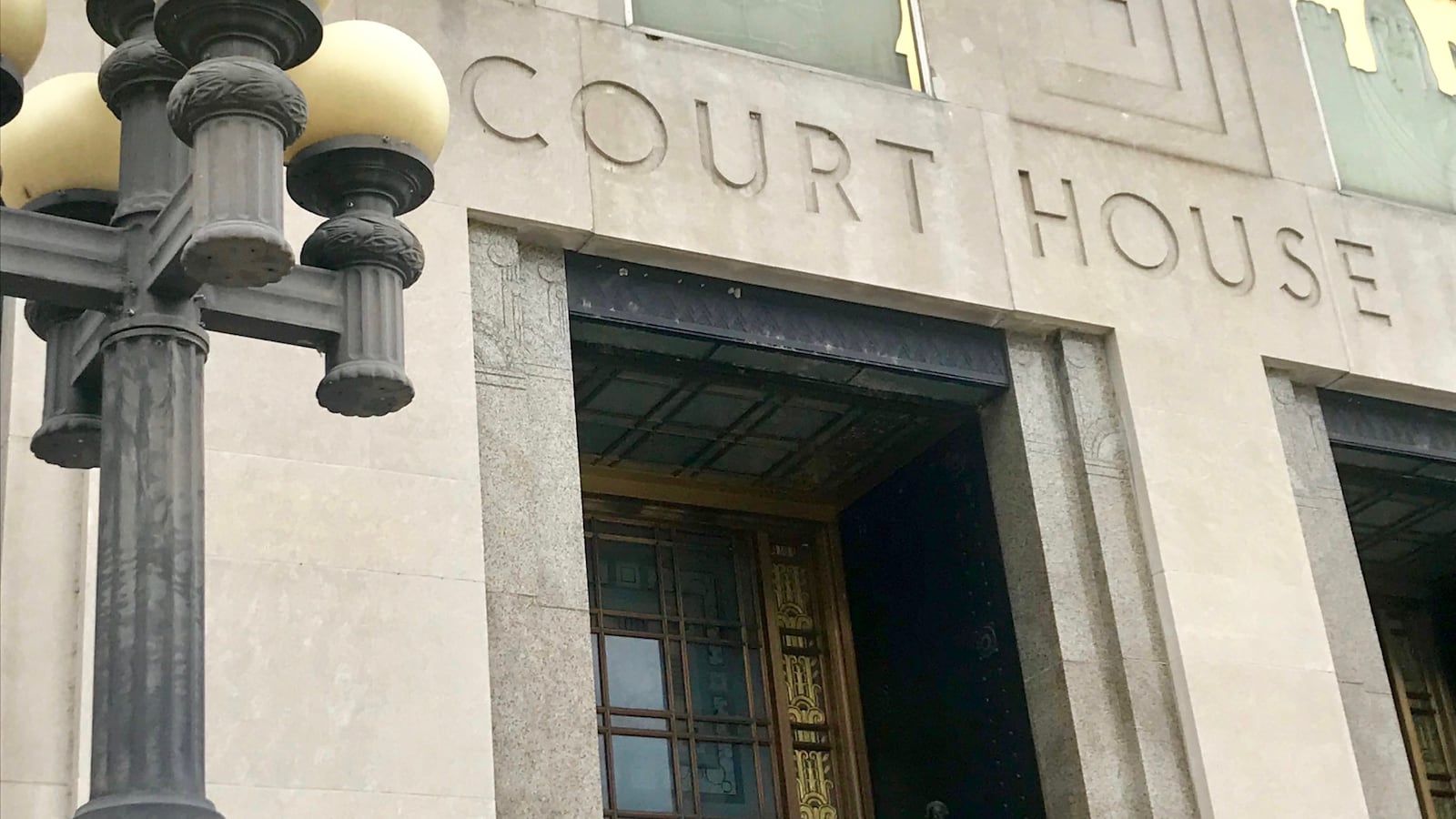A lawsuit charging that Tennessee underfunds its schools by hundreds of millions of dollars has been dismissed, while a separate education funding case is inching closer to trial in 2020.
Hamilton County Schools quietly dropped its 5-year-old lawsuit against the state last week in a Nashville court. The school board for the Chattanooga-based district voted unanimously in October to pursue the dismissal after commending legislators for working to improve the level of state education funding. The case had been inactive in recent years.
“This is something that certainly this board and previous boards have had in play for a long time,” board member Tiffanie Robinson said before that vote, “and I think that this is a good time to maybe start fresh.”
The suit, which was joined by six smaller districts in southeast Tennessee, questioned the adequacy of state allocations through the funding formula known as the Basic Education Program, or BEP. It charged that the state was significantly underestimating the cost of teacher salaries and other needs, shifting the burden to local districts and creating unequal opportunities statewide.
But the state has made substantial new investments in public schools in recent years, including $1.5 billion during the administration of former Gov. Bill Haslam and $211 million last year under new Republican Gov. Bill Lee. Attorney General Herbert Slatery III cited those investments as evidence that Tennessee is moving in the right direction as he welcomed Hamilton County’s decision.
“Education funding is a profoundly important issue for the state and our children, but is best addressed by the other two branches of government, not the courts,” Slatery’s spokeswoman said in a statement this week.
The dismissal leaves two of Tennessee’s four urban school systems suing the state over money.
A legal challenge by Shelby County Schools and Metropolitan Nashville Public Schools is expected to go to trial this year after five years of working its way through the courts. The Memphis district filed the suit in 2015, and Nashville joined it two years later.
The litigation pits Tennessee’s two largest districts against the state over whether it allocates enough money to provide an adequate education, particularly to urban students who live in poverty, have special needs, or come from non-English-speaking homes.
The case could have major implications for how public schools are funded in Tennessee. If successful, the lawsuit could force Tennessee to invest more in K-12 education, which already consumes about $6 billion of the state’s $38.5 billion annual budget.
Attorneys for the districts are arguing that the BEP allocates funds arbitrarily to districts — not based on research — to pay for needs like teacher salaries and technology, and support services such as guidance counselors, social workers, and nurses. The alleged underfunding, they say, results in students not receiving the level of education that they are constitutionally guaranteed, causing their academic performance to suffer.
The state’s attorneys have sought unsuccessfully to dismiss the case multiple times for various reasons. They have questioned whether the court has the authority to order the legislature to increase funding for a government service that would require either a redistribution of state revenue or a tax increase.

The case is complex and could break new ground in Tennessee. The question of funding adequacy is different from the equity argument used in two landmark lawsuits won by smaller and rural school districts in the 1980s and ’90s. Funding adequacy, and whether some students are being shortchanged, is increasingly at the center of court challenges in states that have raised academic standards without always increasing allocations for resources and training to help students meet those benchmarks.
In Tennessee, classroom size requirements have forced districts to hire more than 9,000 teachers beyond what the BEP provides to pay for their salaries, according to a statewide analysis presented by the Department of Education in December to the BEP Review Committee.
A recent draft report from staff with the Tennessee Advisory Commission on Intergovernmental Relations shows that K-12 public education consumed 16% of state expenditures in 2017-18 and an average of 65% for counties and 54% for cities with school systems. On average, Tennessee spends only 77% of the national average per student, and even school systems in counties with the largest tax bases fall below the average of the nation’s 10 top-spending states, the report says.
The draft recommends that the state conduct a comprehensive review of the BEP to ensure that the formula supports a basic level of education for Tennessee students.
Legal teams on both sides of the remaining lawsuit have filed hundreds of thousands of pages of documents in the case, and attorneys for the school systems in Memphis and Nashville have taken more than 30 depositions.
“We feel like we’ve done most of the work we need to do to get this case ready,” said Lori Patterson, an attorney with the Tennessee-based law firm of Baker Donelson, which is representing both districts.
Davidson County Chancellor Ellen Hobbs Lyle has scheduled a Feb. 19 status hearing to set final deadlines for attorneys. It’s uncertain whether she’ll set a date for a trial, which is expected to take about three weeks in court.

